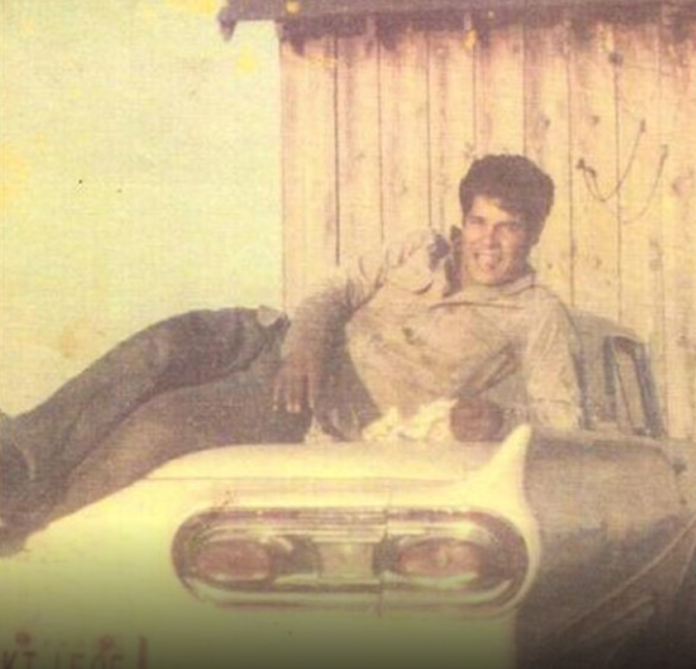Editor’s note: After John Garza of McAllen read several Bearing Witness articles in The Monitor, he decided to write about his dear friend Pedro “Pete” Torres, who died from COVID-19 complications on July 19, 2020. Herein, is John’s tribute to Pete.
BY JOHN GARZA
Poet Dylan Thomas wrote, “Rage, rage against the dying of the light,” while somebody else said about a deceased loved one, “He was just one of the humble people whose joys and pains aren’t noticed by the big world outside.”
My friend Pete Torres, who was born on Sept. 9, 1942, and to whom I bore close witness, was about the light, the rage belonging to us left behind. We were stunned when COVID-19 took Pete on July 19, his last 11 days without contact with any of us, in a crowded hospital ward.
The cruel ending didn’t define him; the light defined him, his smile, the innocent joy of how he accepted whatever good or bad came every day, which he radiated back out as good to anybody he encountered. That was the key to him, acceptance and radiating back, a childlike sweetness all of his 78 years.
Whoever said, “Don’t tell people your dreams because they will tear them down,” never met Pete. When he was young and uprooted for back-breaking farm work up north, music refreshed him, and just hearing it was not enough.
He put a band together and made music. And he composed songs. His music began with the basics of traditional Mexican rancheras, but he then surprised you with the blues of B.B. King, the rockabilly of Jerry Lee Lewis, and a particular Elvis song, “Treat Me Nice.”
To make a living, he became a crew leader, shepherding his farmworkers, mostly family members, as far as Washington State, to Colorado, gone from the Valley from July to October. Every departure here became a homecoming there and vice versa, at home everywhere.
A sociologist said migrant farmworkers were undervalued and underestimated by “rooted” society; that their life experience resulted in coping strategies more diverse, flexible, and versatile through exposure to travel, to people of different races and backgrounds, and to dealing with unexpected challenges.
Pete was nothing if not versatile, able to do a little bit of this and that, perhaps not at a deep down professional level, but at the practical level of getting things working again in the moment when needed the most — able to handle electricity and plumbing, electronics, carpentry and automotives. When computering became a thing, he dived into that like into water, following his curiosity into fearlessly dismantling the hardware and putting it back together, installing and uninstalling software, and video making for quinceañeras and weddings.
Out of nowhere came this horrible COVID-19, with confounding news of numbers of cases and deaths, unheard-of rules of non-visitation and dying alone, packed hospital wards and medical staff exhausted and exposed.
And out of nowhere Pete said, “I don’t want to die,” and asked for an ambulance. And for all of us ensued 11 days of dread in July 2020; peak of numbers of cases and deaths without loved ones and unheard-of refrigerated trailers, because morgues were full.
We are stunned by his loss, thinking we should be adjusting, going through motions of thinking we have adjusted, but instead missing him more every day and wishing we could have him back to do over every day with more smiles and greetings and appreciation that we didn’t give enough to him. He tried to tell us, that time when he played Elvis singing “Treat Me Nice” on the jukebox.
This story is part of an ongoing series entitled Bearing Witness. In the series, the Museum of South Texas History aims to document some of the Rio Grande Valley lives lost to COVID-19. For more information about the museum, visit MOSTHistory.org.





